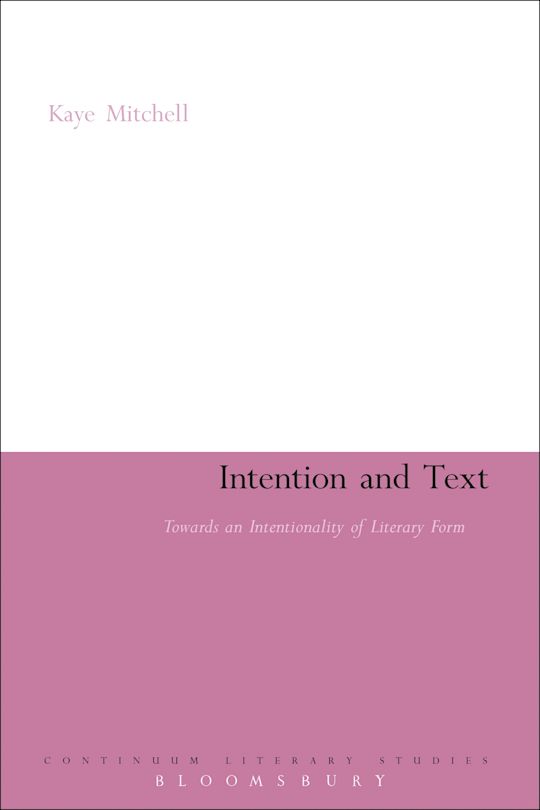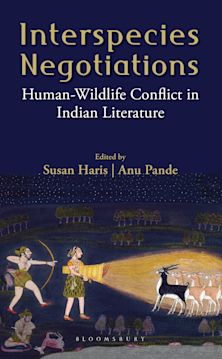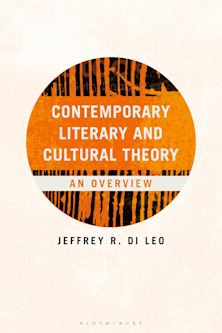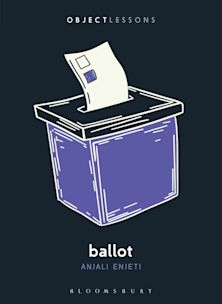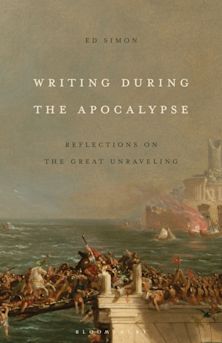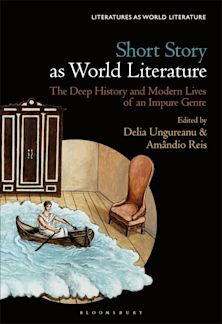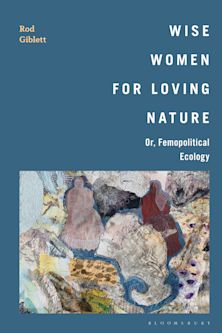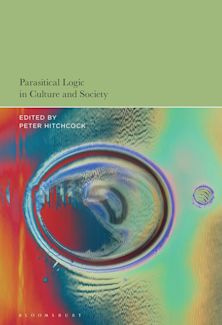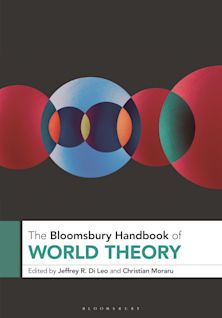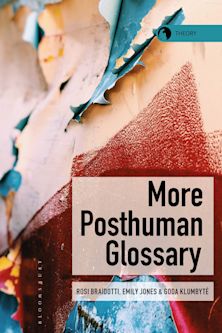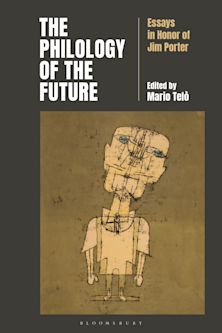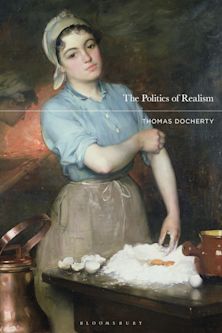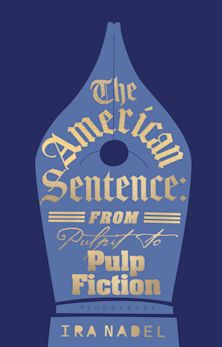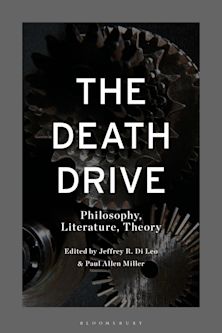- Home
- ACADEMIC
- Literary Studies
- Literary Theory
- Intention and Text
Intention and Text
Towards an Intentionality of Literary Form
Intention and Text
Towards an Intentionality of Literary Form
You must sign in to add this item to your wishlist. Please sign in or create an account
Description
The aim of this book is to provide an in-depth analysis and critique of this concept of intention, its uses within the realms of literary theory, aesthetics, philosophy of language, phenomenology and deconstruction, and its potential for redefinition. Mitchell sets out to re-think intention and interrogate the possibilities of an intentionalism more suited to a formalist or textualist critical methodology. She moves from an assessment of the pitfalls of a traditional authorial intentionalism, towards the formulation of an 'intentionality of form', where intention is seen as a formal attribute of the text itself
Table of Contents
Preface: Intentions
Introduction: Beginnings: The Birth of a Fallacy
1. 'The Soul of Speech': E.D. Hirsch & the Ethics of Authorial Intentionalism
2. Intention, Illocution, Mimesis
3. Reader's Intention: Intentionality & Concretisation
4. Intention After the Subject
Conclusion: The Ethics & Pragmatics of Intentionality
Bibliography
Index
Product details
| Published | 27 Oct 2011 |
|---|---|
| Format | Ebook (Epub & Mobi) |
| Edition | 1st |
| Extent | 192 |
| ISBN | 9781441182418 |
| Imprint | Continuum |
| Series | Continuum Literary Studies |
| Publisher | Bloomsbury Publishing |
About the contributors
Reviews
-
"This original, lucid and rigorous book provides an authoritative investigation and critique of analytic, continental and literary critical and theoretical positions on intention. The best book in recent years on the subject, it makes an important and innovative argument about intention and deserves to be read by anyone with an interest in these debates." - Robert Eaglestone, Professor of Contemporary Literature and Thought at Royal Holloway, University of London, UK
-
"Since the 'intention fallacy' was formulated to establish the proper bounds of literary criticism the topic has not received the attention it deserves. In this lucid, wide-ranging and bold study Mitchell manages to combine a literary critic's attention to formal detail with a philosopher's sense of conceptual rigour and clarity. Remarkable for its facility to work imaginitively with Derrida and Wimsatt and Beardsley, this book provides a genuinely new and productive approach to the problem of intention. While retaining a sense of the difficulty of appeals to intention, Mitchell enables a sophisticated notion of intention to renew critical and interpretive practice. This work will be valuable for both students and researchers in any field of literary criticism." - Professor Claire Colebrook, University of Edinburgh, UK

ONLINE RESOURCES
Bloomsbury Collections
This book is available on Bloomsbury Collections where your library has access.









